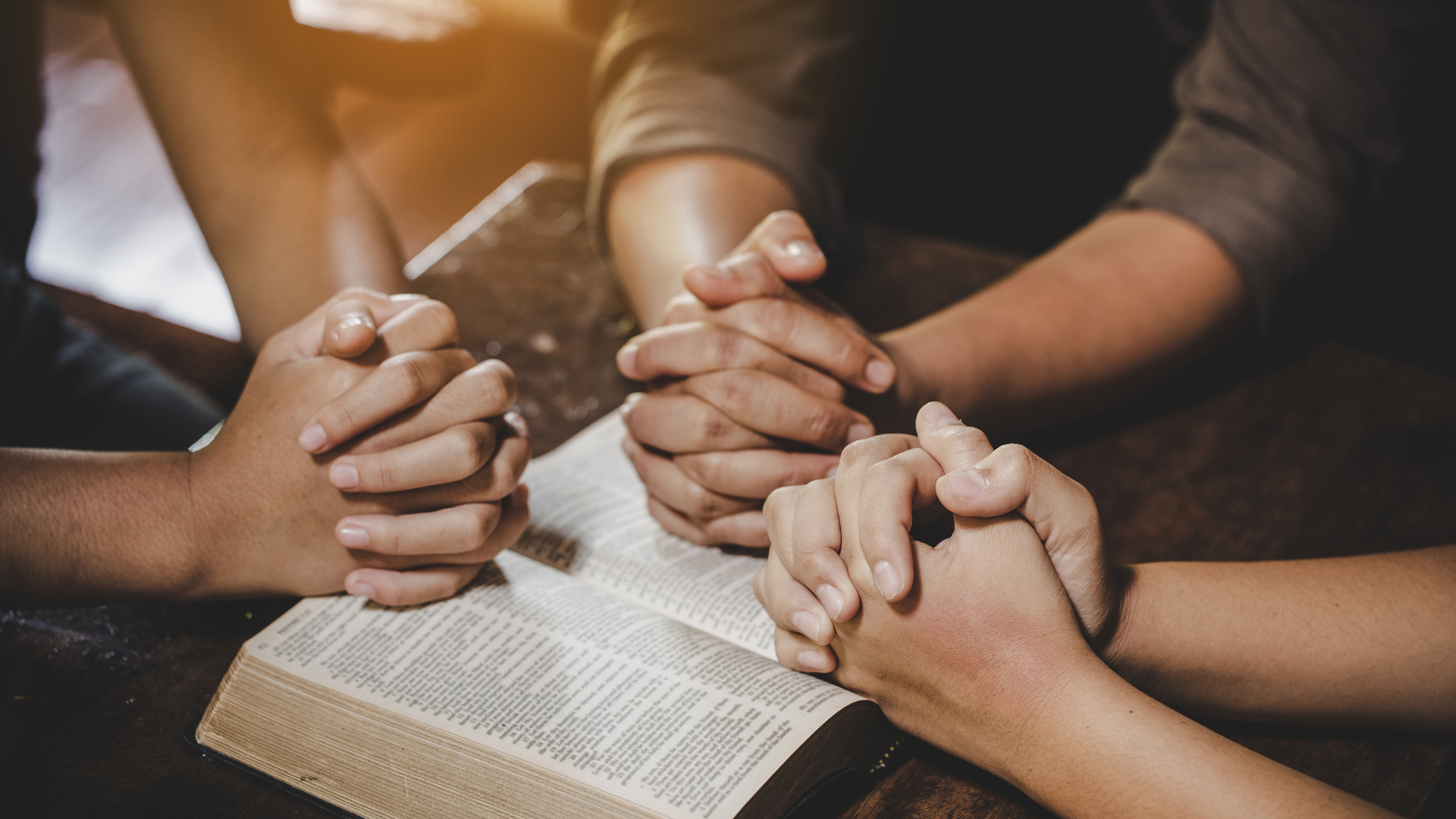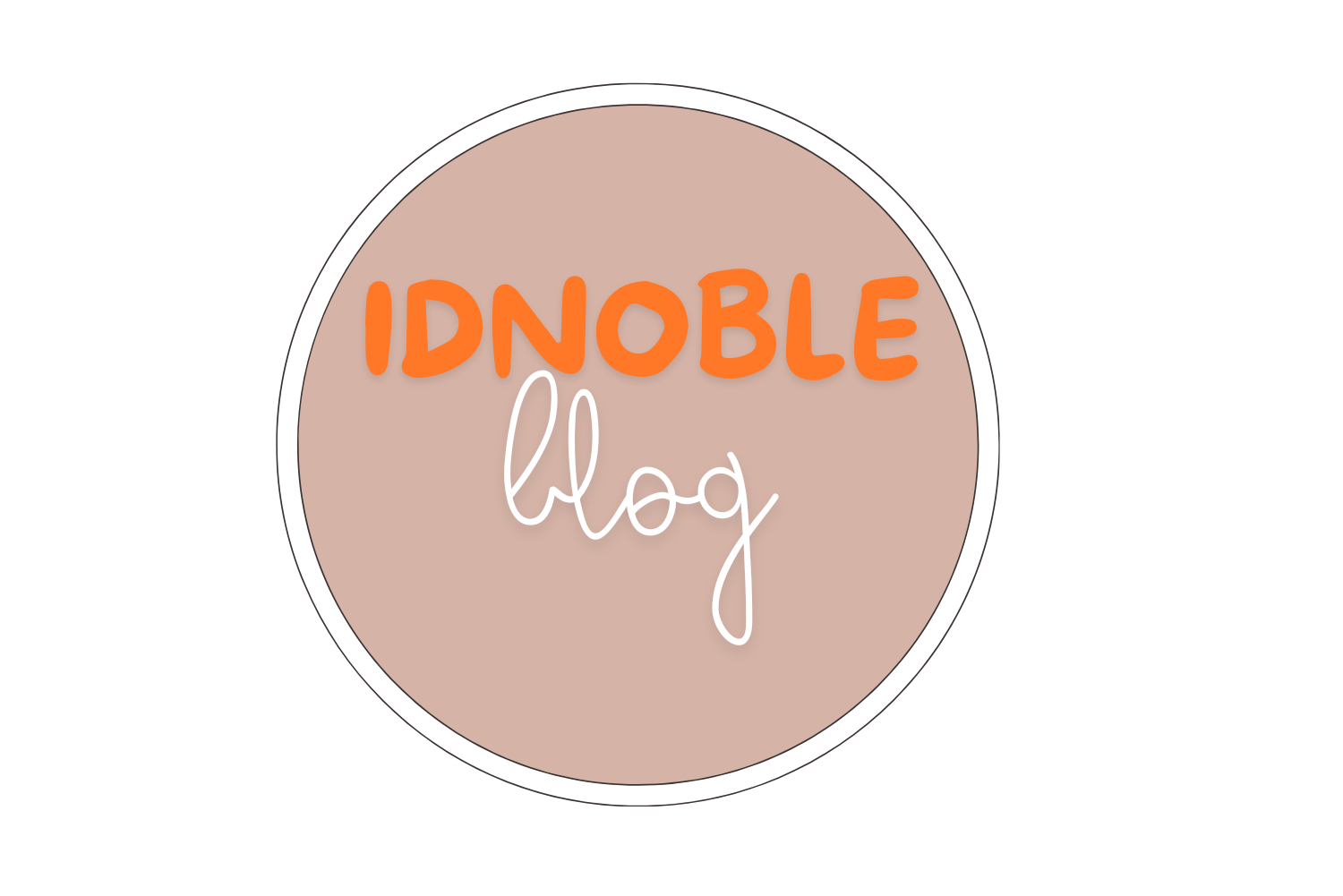
How to Handle Banking Transactions Safely as a Senior.
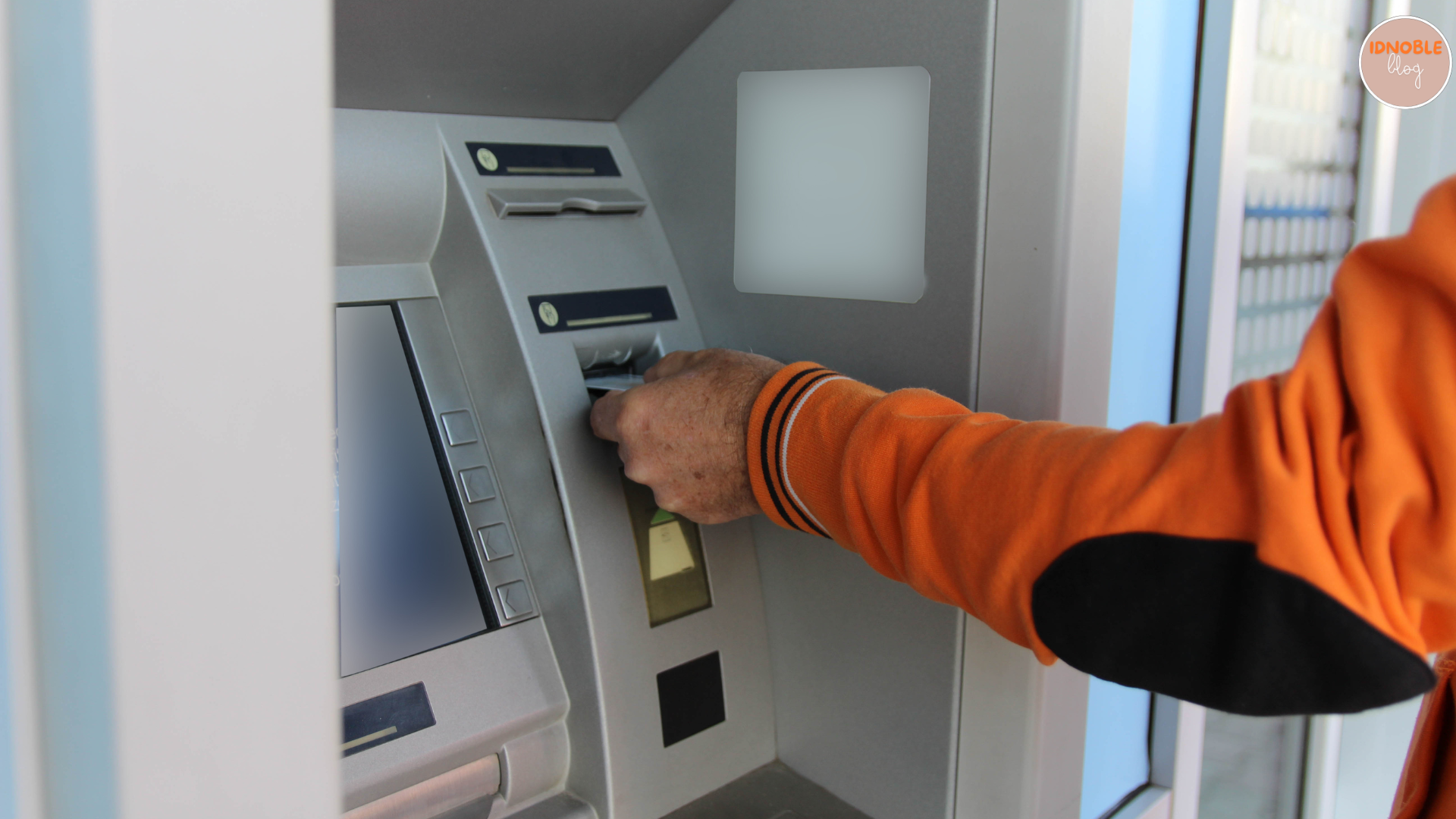
How to handle banking transactions safely as a senior. Managing your finances can sometimes feel overwhelming, especially with all the modern technology involved. But don’t worry! We’re here to help you navigate banking transactions safely and efficiently. With a few simple tips and a bit of caution, you can handle your banking needs with confidence. Let’s dive in!
Table of Contents
- 1. Be Prepared Before You Leave Home
- 2. Choose the Right Time to Visit the Bank
- 3. Use ATMs with Caution
- 4. Keep Your Personal Information Private
- 5. Be Aware of Your Surroundings
- 6. Follow Proper ATM Procedures
- 7. Inside the Bank: What to Do
- 8. Use Online and Mobile Banking Safely
- 9. Set Up Direct Deposits and Automatic Payments
- 10. Monitor Your Accounts Regularly
- 11. Learn About Bank Policies and Fees
- 12. Protect Yourself from Scams
- 13. Stay Informed and Educated
- 14. Keep Emergency Contacts Handy
- 15. Report Lost or Stolen Cards Immediately
- 16. Use Two-Factor Authentication
- 17. Plan Your Visits with a Trusted Companion
- 18. Stay Calm and Patient
- 19. Use Banking Alerts
- 20. Trust Your Instincts
- 21. Take Advantage of Bank Services
- 22. Educate Family Members
- 23. Store Important Documents Safely
- 24. Limit Cash Withdrawals
- 25. Utilize Bank’s Customer Support
- Conclusion
- FAQs
1. Be Prepared Before You Leave Home
Before heading out to the bank or ATM, make sure you have everything you need. Bring your bank card, a valid ID, and, if you use them, your reading glasses. Double-check your wallet or purse to ensure you have these items. This small step can save you a lot of trouble later.
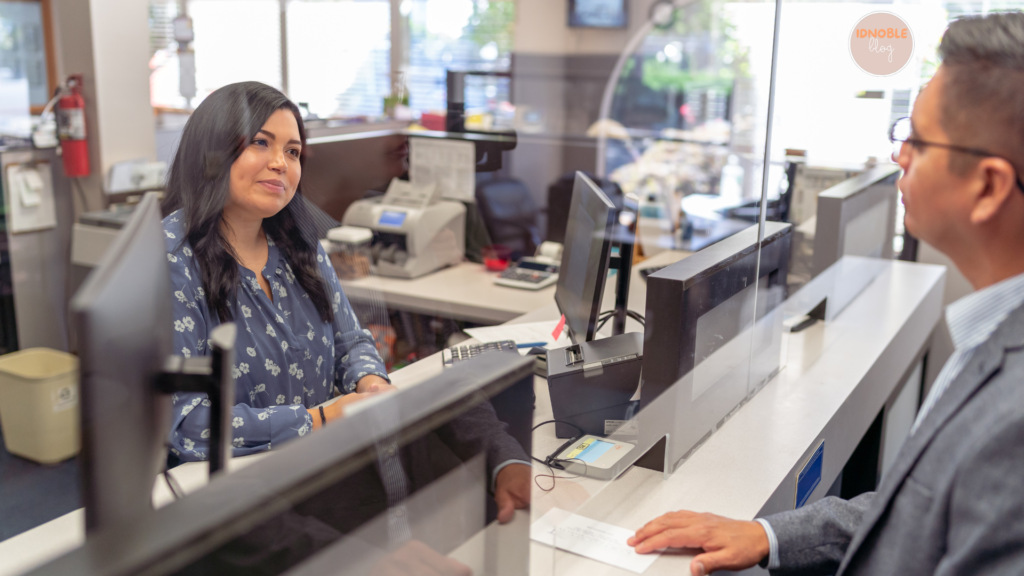
2. Choose the Right Time to Visit the Bank
Avoid peak hours when banks and ATMs are crowded. Early mornings or mid-afternoons are usually quieter times. You’ll find shorter lines and more available staff to assist you. Plus, you’ll feel less rushed, which helps you stay alert and focused.
3. Use ATMs with Caution
ATMs are convenient, but they can also be a bit tricky. Always use ATMs in well-lit, busy areas, preferably those attached to your bank. Ensure you go along wiith a trusted friend or family member. This adds an extra layer of safety and can be reassuring.
4. Keep Your Personal Information Private
Your bank card and PIN are personal. Never share your PIN with anyone, even if they seem friendly or offer help. If you have trouble using the ATM, go inside the bank for assistance. Bank employees are trained to help you without compromising your security.
5. Be Aware of Your Surroundings
When using an ATM, stay aware of what’s happening around you. If someone stands too close or makes you uncomfortable, cancel your transaction and move to a different ATM or go inside the bank. It’s always better to be safe than sorry.
6. Follow Proper ATM Procedures
Insert your card into the machine and cover the keypad while entering your PIN. This prevents anyone from seeing your code. After completing your transaction, take your card, receipt, and money immediately. Don’t linger; secure your belongings and leave promptly.
7. Inside the Bank: What to Do
When you enter the bank, head straight to the customer service desk if you need assistance. Be clear about what you need and ask questions if something is unclear. Bank staff are there to help, and they want to ensure your experience is smooth and safe.
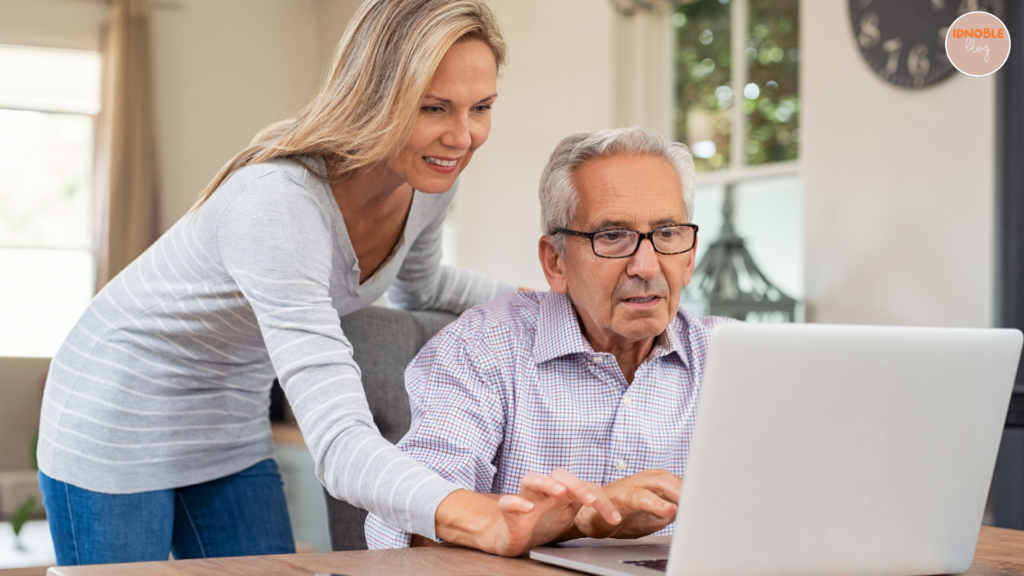
8. Use Online and Mobile Banking Safely
Online and mobile banking can be incredibly convenient. Ensure you’re using a secure internet connection, preferably your home Wi-Fi. Stay away from using public Wi-Fi to access your financial accounts. Keep your devices protected with strong passwords and security software.
9. Set Up Direct Deposits and Automatic Payments
Direct deposits and automatic payments can simplify your finances. Your money goes directly into your account, and bills get paid on time without you lifting a finger. Talk to your bank about setting these up; they can walk you through the process.
10. Monitor Your Accounts Regularly
Keep an eye on your bank statements and account activity. Regularly check for any unfamiliar transactions. Get in quick contact with your bank if you see anything fishy. Quick action can shield your finances and stop possible fraud.
11. Learn About Bank Policies and Fees
Every bank sets its own policies and charges. Take time to understand these, especially regarding withdrawals, overdrafts, and account maintenance. Knowing this information can help you avoid unexpected charges and make informed decisions about your banking.
12. Protect Yourself from Scams
Scammers often target seniors, so it’s crucial to stay vigilant. Be wary of unsolicited phone calls, emails, or messages asking for your personal information. Your bank will never ask for your PIN or passwords in this manner. If in doubt, hang up or delete the message and contact your bank directly.
13. Stay Informed and Educated
Banking technology and practices evolve constantly. Take advantage of free resources your bank might offer, such as workshops or online tutorials. Staying informed helps you use banking tools effectively and safely.
14. Keep Emergency Contacts Handy
Have a list of emergency contacts, including your bank’s customer service number, a trusted family member, and perhaps a financial advisor. If you encounter any issues, you can quickly reach out for assistance.
15. Report Lost or Stolen Cards Immediately
If your bank card is lost or stolen, report it to your bank immediately. They can deactivate the card and issue a replacement to prevent unauthorized use. Quick action minimizes potential damage to your account.
16. Use Two-Factor Authentication
Many banks offer two-factor authentication (2FA) for added security. This requires a second form of verification, such as a code sent to your phone, when logging into your account. Enabling 2FA enhances your account protection.
17. Plan Your Visits with a Trusted Companion
If you’re ever unsure or uncomfortable about handling banking transactions alone, bring a trusted companion. This person can provide support, ensure you’re safe, and help you navigate any challenges that arise.
18. Stay Calm and Patient
Banking can sometimes be stressful, especially when things don’t go as planned. Stay calm and patient. Take deep breaths and don’t rush. If you need a moment to gather your thoughts, step aside and then resume when you’re ready.
19. Use Banking Alerts
Set up alerts for your account activities. Many banks offer SMS or email notifications for transactions, low balances, and other significant account activities. These alerts keep you informed and help you catch any unusual activity early.
20. Trust Your Instincts
If something feels off during a banking transaction, trust your instincts. Don’t be afraid to cancel the transaction, seek help, or report your concerns to the bank staff. Your safety and security are paramount.
21. Take Advantage of Bank Services
Banks provide a range of services aimed at simplifying your life. Whether it’s financial advice, loan information, or help with digital banking, don’t hesitate to ask. They’re there to assist you in making the most of your banking experience.
22. Educate Family Members
Talk to your family about safe banking practices. If they understand the importance of security, they’ll be more likely to support you and help you avoid risks. Share what you’ve learned with them and encourage open communication about finances.
23. Store Important Documents Safely
Keep your bank documents, such as account numbers and passwords, in a secure place. Consider using a locked drawer or a safe. This keeps your information out of reach of potential scammers and unauthorized individuals.
24. Limit Cash Withdrawals
If possible, limit the amount of cash you withdraw. Use debit cards for purchases instead. Carrying less cash reduces the risk of loss or theft and is generally safer.
25. Utilize Bank’s Customer Support
If you ever face difficulties or have questions, use your bank’s customer support. They can provide guidance, solve issues, and ensure you’re satisfied with your banking experience. Please do not hesitate to contact them.
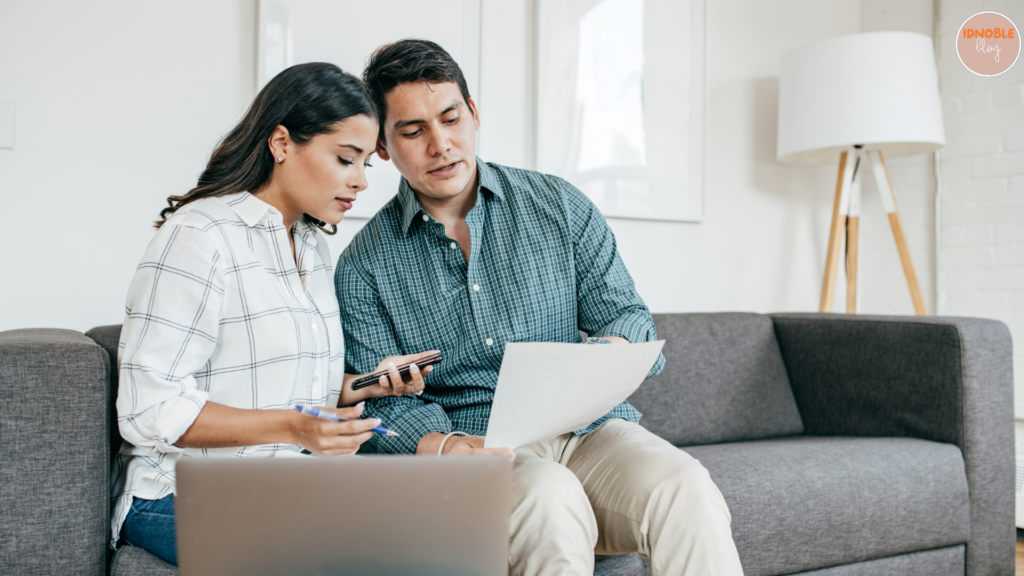
Conclusion
Banking doesn’t have to be stressful. With a bit of preparation and these helpful tips, you can handle your banking transactions with ease and security. Remember to stay alert, use resources available to you, and trust your instincts. By following these guidelines, you’ll feel more confident and secure in managing your finances. Happy banking!
FAQs
How can I ensure my PIN stays secure when using an ATM?
To keep your PIN secure, always cover the keypad with your hand or wallet while entering it. Avoid sharing your PIN with anyone, even if they offer to help. If you have difficulty using the ATM, it’s best to go inside the bank and ask a staff member for assistance.
What should I do if I lose my bank card or suspect it has been stolen?
Immediately contact your bank’s customer service to report the lost or stolen card. They will deactivate the card to prevent unauthorized use and issue you a new one. Quick action can significantly reduce the risk of fraud.
How can I safely use online and mobile banking?
To use online and mobile banking safely, ensure you’re connected to a secure internet network, preferably your home Wi-Fi. Avoid using public Wi-Fi for banking transactions. Keep your devices protected with strong passwords and updated security software. Enable two-factor authentication for an extra layer of security.
What steps can I take if I notice suspicious activity on my bank account?
If you notice any suspicious transactions or activity on your account, contact your bank immediately. They can investigate the issue, block your account if necessary, and guide you on the next steps. Regularly monitoring your account and setting up transaction alerts can help you catch any unusual activity early.








